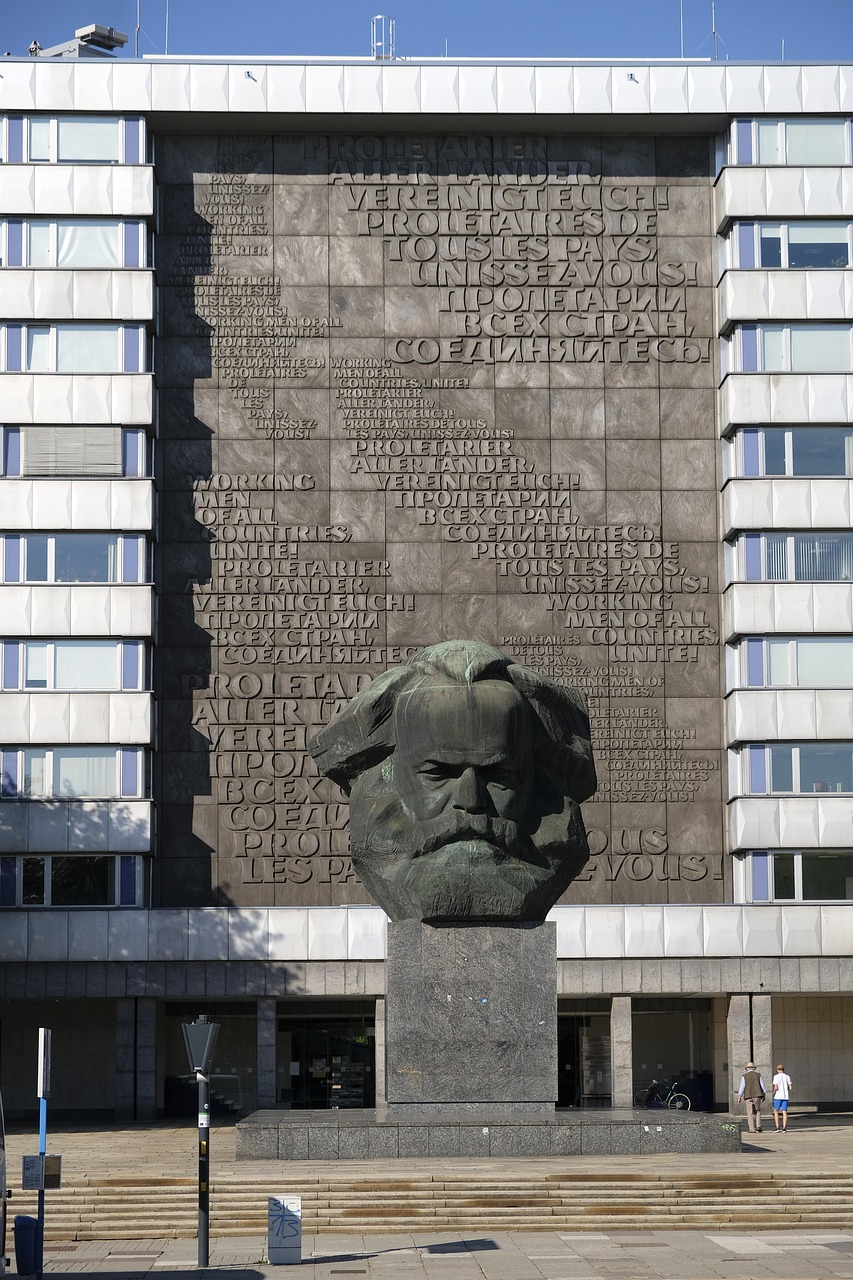 As the debate for the leadership of the Conservative Party and the next Prime Minister, gets into full flow, it is unsurprising that the debate and the policies announced by the candidates have centred on the economy.Danny Blanchflower, who served on the Bank of England’s Monetary Policy Committee from 2006 to 2009 said that: “The UK in all likelihood is already in recession. Low growth combined with rampant inflation has led to a dire economic picture, with strain falling upon households. This has been exacerbated by the Russia-Ukraine war.”The war in Ukraine has disrupted supplies and pushed up the prices of important commodities such as oil, gas and wheat. Russia is among the world’s biggest producers of oil and gas, while Ukraine supplies a significant share of global wheat exports. In the last few days, the Russian state-controlled energy company Gazprom has announced a drastic cut to gas deliveries through its main pipeline to Europe from Wednesday, which will further cause the situation to deteriorate further.British households face being told shortly before Christmas to brace for annual energy bills of £3,850, three times what they were paying at the start of 2022, after Russia further squeezed Europe’s gas supplies. Consumers have also been warned that annual charges of more than £3,500 a year, or £300 a month, could become the norm well into 2024.The leadership teams of both Rishi Sunak and Liz Truss will be watching the polling numbers closely, which show that 66 percent of respondents cite the economy as the most important issue facing the country at this time.To give credit to both candidates, they have set out policies and measures for how they will seek to lower the burden on UK citizens. Liz Truss has announced a plethora of tax cuts which will cost in the tens of billions and include reversing the national insurance increase, reversing the planned rise in corporation tax and temporarily suspending the green energy levy – an environmental charge added to energy bills that costs around £153 annually.Rishi Sunak has unveiled plans to temporarily scrap value added tax on household energy bills if elected prime minister. Currently, there is a 5 per cent VAT rate on domestic fuel and his plan will cost more than £4bn if domestic fuel bills average over £3,000 a year. Sunak has said that removing VAT on domestic energy would save households £160 a year.Even though the proposals outlined by both candidates are important interventions, the unfortunate reality of the situation is that the lack of supply is causing the increase in prices. Unless the Government is prepared to spend hundreds of billions, subsiding energy bills, these policies are unlikely to have a significant impact on households. The energy crisis is a worldwide problem, and it requires worldwide solutions.The UK must work together with its international allies and pivot away from the Western world’s reliance on Russian energy. This must be combined with greater engagement with energy producing states, particularly in the Middle East and a framework that encourages them to export more energy, at least in the short-term in order to safeguarded supplies and ease the cost-of-living pressures. The lack of engagement by the West in the Middle East in recent years has not gone unnoticed and some would go as far as to say that it has alienated allies in the region. There needs to be an urgent reversal of this.Boris Johnson had the right idea when he met the Saudi Crown Prince Mohammed bin Salman earlier in March and the UAE’s Sheikh Mohammed bin Zayed. Saudi Arabia and the United Arab Emirates are the only two major players with some spare capacity. Joe Biden’s recent visit to the Middle East can also be seen in the same prism and it was telling that Biden told reporters after talks with Saudi officials, that Riyadh shares “the urgency” about the need to tackle the energy crisis and in a joint statement after the visit, the USA and Saudi Arabia reaffirmed their commitment to a stable global energy market.Saudi Arabia, the UAE and some other OPEC members possess around 2 million barrels per day of spare production capacity. Additionally, Libya, Canada and many other countries also have energy sources we do not yet use. What is needed is a coordinated response from the UK and its international allies to support energy producing nations in order to reduce their reliance Russian oil and gas. Of course, green energy measures are also important and have a role to play. Policies like accelerating the deployment of new wind and solar projects, maximising power generation from bioenergy and nuclear and making homes more energy efficient, are important but are medium to long term solutions.In the short-term, international engagement will be key, but this can only be done with regular communication, mutual respect and an effective working relationship. To knock on the doors of allies in the MENA region only when the West in crisis and requires something might well be seen as condescending and patronizing, and we should not be surprised if our calls go unanswered. However, with a proper plan, buy-in from the international community and strong relationships with our allies in the region, the West can move away from its reliance on Russian energy without significant economic damage.
As the debate for the leadership of the Conservative Party and the next Prime Minister, gets into full flow, it is unsurprising that the debate and the policies announced by the candidates have centred on the economy.Danny Blanchflower, who served on the Bank of England’s Monetary Policy Committee from 2006 to 2009 said that: “The UK in all likelihood is already in recession. Low growth combined with rampant inflation has led to a dire economic picture, with strain falling upon households. This has been exacerbated by the Russia-Ukraine war.”The war in Ukraine has disrupted supplies and pushed up the prices of important commodities such as oil, gas and wheat. Russia is among the world’s biggest producers of oil and gas, while Ukraine supplies a significant share of global wheat exports. In the last few days, the Russian state-controlled energy company Gazprom has announced a drastic cut to gas deliveries through its main pipeline to Europe from Wednesday, which will further cause the situation to deteriorate further.British households face being told shortly before Christmas to brace for annual energy bills of £3,850, three times what they were paying at the start of 2022, after Russia further squeezed Europe’s gas supplies. Consumers have also been warned that annual charges of more than £3,500 a year, or £300 a month, could become the norm well into 2024.The leadership teams of both Rishi Sunak and Liz Truss will be watching the polling numbers closely, which show that 66 percent of respondents cite the economy as the most important issue facing the country at this time.To give credit to both candidates, they have set out policies and measures for how they will seek to lower the burden on UK citizens. Liz Truss has announced a plethora of tax cuts which will cost in the tens of billions and include reversing the national insurance increase, reversing the planned rise in corporation tax and temporarily suspending the green energy levy – an environmental charge added to energy bills that costs around £153 annually.Rishi Sunak has unveiled plans to temporarily scrap value added tax on household energy bills if elected prime minister. Currently, there is a 5 per cent VAT rate on domestic fuel and his plan will cost more than £4bn if domestic fuel bills average over £3,000 a year. Sunak has said that removing VAT on domestic energy would save households £160 a year.Even though the proposals outlined by both candidates are important interventions, the unfortunate reality of the situation is that the lack of supply is causing the increase in prices. Unless the Government is prepared to spend hundreds of billions, subsiding energy bills, these policies are unlikely to have a significant impact on households. The energy crisis is a worldwide problem, and it requires worldwide solutions.The UK must work together with its international allies and pivot away from the Western world’s reliance on Russian energy. This must be combined with greater engagement with energy producing states, particularly in the Middle East and a framework that encourages them to export more energy, at least in the short-term in order to safeguarded supplies and ease the cost-of-living pressures. The lack of engagement by the West in the Middle East in recent years has not gone unnoticed and some would go as far as to say that it has alienated allies in the region. There needs to be an urgent reversal of this.Boris Johnson had the right idea when he met the Saudi Crown Prince Mohammed bin Salman earlier in March and the UAE’s Sheikh Mohammed bin Zayed. Saudi Arabia and the United Arab Emirates are the only two major players with some spare capacity. Joe Biden’s recent visit to the Middle East can also be seen in the same prism and it was telling that Biden told reporters after talks with Saudi officials, that Riyadh shares “the urgency” about the need to tackle the energy crisis and in a joint statement after the visit, the USA and Saudi Arabia reaffirmed their commitment to a stable global energy market.Saudi Arabia, the UAE and some other OPEC members possess around 2 million barrels per day of spare production capacity. Additionally, Libya, Canada and many other countries also have energy sources we do not yet use. What is needed is a coordinated response from the UK and its international allies to support energy producing nations in order to reduce their reliance Russian oil and gas. Of course, green energy measures are also important and have a role to play. Policies like accelerating the deployment of new wind and solar projects, maximising power generation from bioenergy and nuclear and making homes more energy efficient, are important but are medium to long term solutions.In the short-term, international engagement will be key, but this can only be done with regular communication, mutual respect and an effective working relationship. To knock on the doors of allies in the MENA region only when the West in crisis and requires something might well be seen as condescending and patronizing, and we should not be surprised if our calls go unanswered. However, with a proper plan, buy-in from the international community and strong relationships with our allies in the region, the West can move away from its reliance on Russian energy without significant economic damage.
Capitalism and freedom are under attack. If you support 1828’s work, help us champion freedom by donating here.















